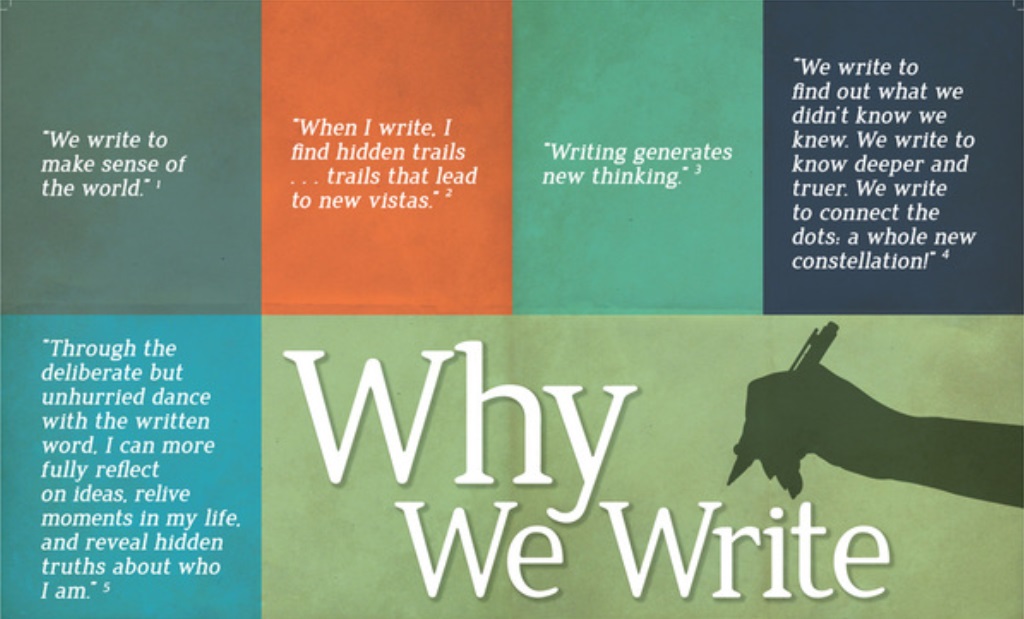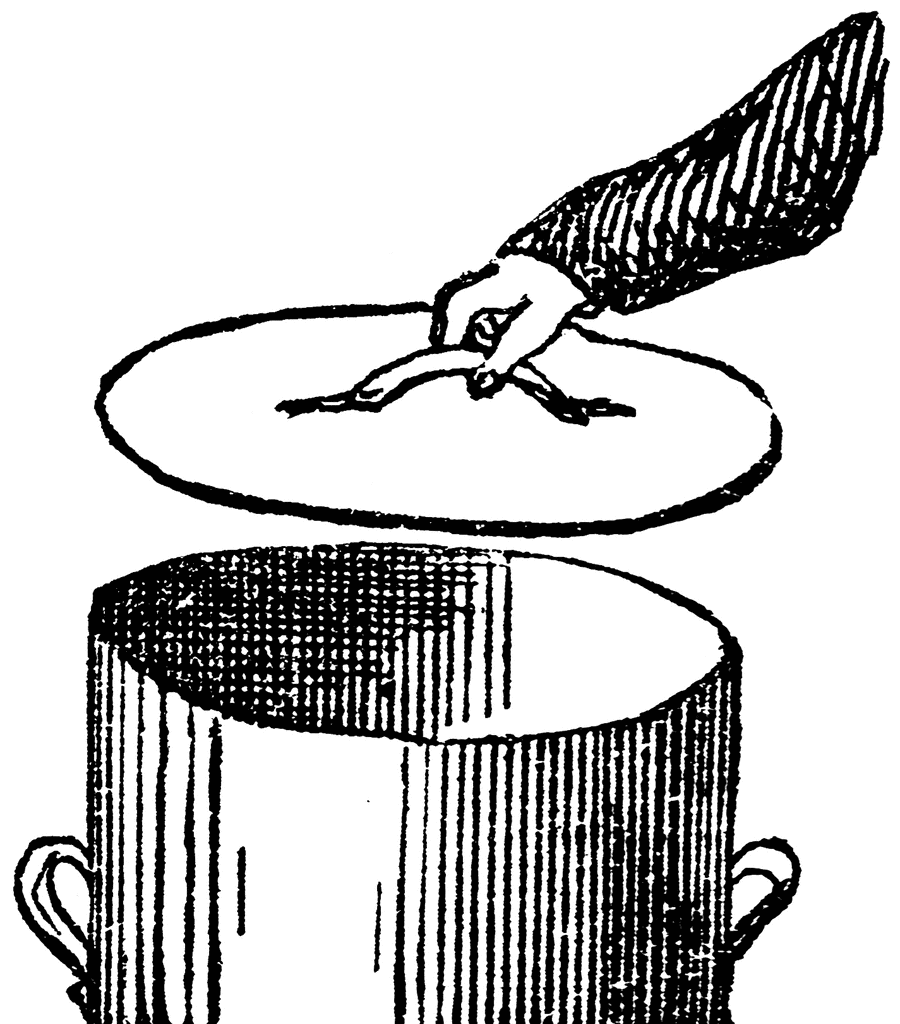Ever felt like the woman in the photo? When our computer doesn't function as it should, we can easily feel like smashing it to pieces or tossing it through the nearest window. I've been there more than once.
Maybe the woman's computer is working just fine but her writing project is not. Haven't we all been in that situation? The idea in our head sounds so good and we're excited about transferring it to words on the screen. We start and then something happens. We get stuck. What we're writing sounds like a lot of drivel. The idea is not coming across. The emotion isn't there. It's worthless!
That's how we feel but maybe that project is not as worthless as you think. Go ahead and finish the first draft. Then put it away for a few days. You want to be calmer when you read through it. You should be able to see it more objectively later.
In a few days, read through the draft slowly. Jot down notes on a pad regarding things that you want to change or fix. If you don't make those notes, you'll forget many of the little things you want to do. What's your overall feeling about what you've written? Is the kernel of the original idea still there? Do you think it's worth a revision and editing?
The second time you go through the original draft, start making those changes. Wipe out whole paragraphs if you think they add nothing. Move paragraph 3 to the opening paragraph if it makes a better opening. Add sensory details that you may have skipped in the first writing. Same with description which gives more for your reader to relate to. Change passive verbs to active ones.
When you finish this first edit and revision, you'll know if you want to pursue the project farther. If you're still undecided, ask another writer to look at what you have. Request an honest opinion as to whether it's worth continuing. There are times when you think you've written gobbeldy-gook but another person see something of merit.
We all want a chance to succeed. Give your writing project, be it an essay, short story, article or poem, a chance. You won't rescue each and every one. Occasionally, we decide that our time would be better used on another project. But don't hit the trash button. Instead, put the poor puppy in a file to be looked at again in months, maybe a year or two. It might still be salvageable.



















